Begonia mallacoota is a rare and endangered species of begonia native to Australia. It is characterized by its small, fleshy leaves and delicate pink flowers. This species is found only in a small area of East Gippsland, Victoria, and requires specific conditions to thrive, making it a prized plant for collectors and conservation efforts.
As a botanist specializing in rare Australian flora, I’m excited to share detailed information about the fascinating Begonia mallacoota. This species, while not widely known, holds significant importance in the world of botany and conservation.
Introduction to Begonia mallacoota
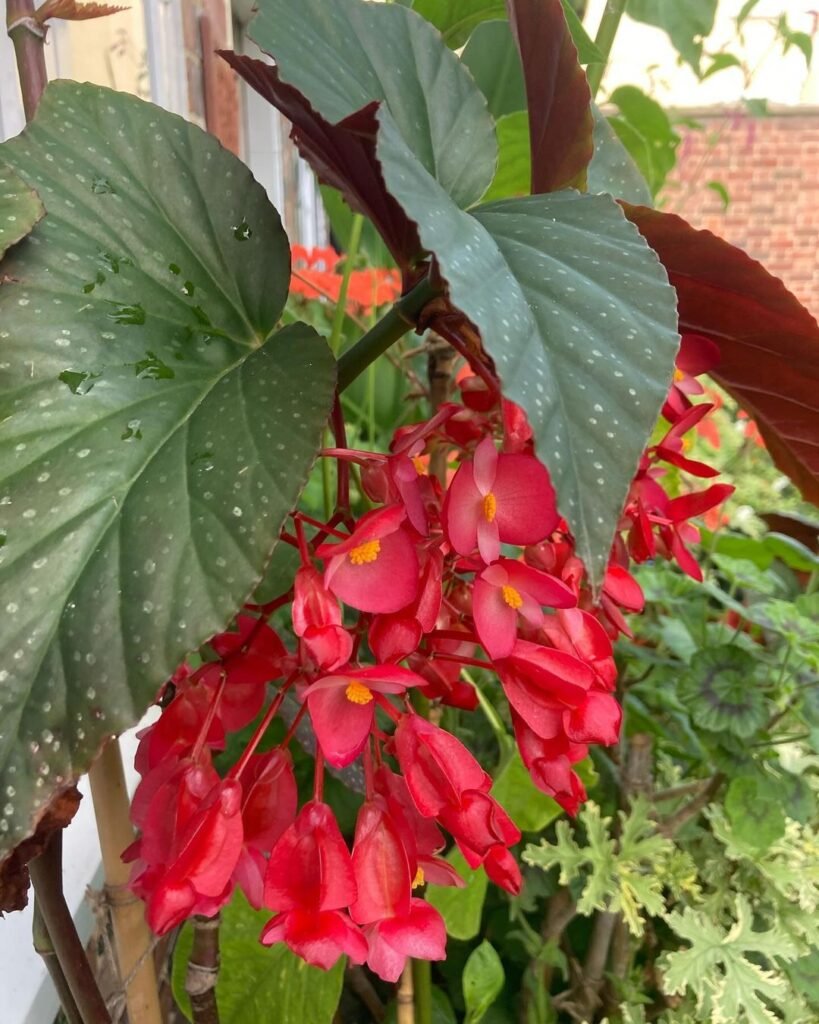
Begonia mallacoota is a unique species belonging to the large and diverse Begoniaceae family. It was first described in 1999 and is named after the Mallacoota area in Victoria, Australia, where it was discovered.
Taxonomic Classification
- Kingdom: Plantae
- Order: Cucurbitales
- Family: Begoniaceae
- Genus: Begonia
- Species: B. mallacoota
For more information on begonia taxonomy, visit the Australian Plant Name Index.
Physical Characteristics
Leaves
- Small, fleshy, and slightly asymmetrical
- Dark green with reddish undersides
- Typically 2-5 cm in length
Flowers
- Delicate pink blooms
- Usually appear in late spring to early summer
- Relatively small compared to many ornamental begonias
Growth Habit
- Low-growing, often forming small clumps
- Suitable for rock gardens or as a ground cover in its native habitat
Natural Habitat
Begonia mallacoota is endemic to a small area in East Gippsland, Victoria, Australia. It grows:
- In moist, shaded areas
- Often on rocky outcrops or cliff faces
- In areas with high humidity and protected from direct sunlight
For more on the plant’s habitat, check the Victorian Biodiversity Atlas.
Conservation Status
Begonia mallacoota is classified as endangered due to its extremely limited distribution and specific habitat requirements. Threats include:
- Habitat loss due to human activities
- Climate change affecting its delicate ecosystem
- Potential over-collection by enthusiasts
Conservation efforts are ongoing to protect this rare species. For current conservation status, visit the Victorian Department of Environment, Land, Water and Planning.
Cultivation and Care
While challenging to grow outside its native habitat, some enthusiasts and botanical gardens have successfully cultivated Begonia mallacoota.
Light Requirements
- Bright, indirect light
- Protection from direct sunlight
Soil and Moisture
- Well-draining, humus-rich soil
- Consistently moist but not waterlogged
Temperature and Humidity
- Prefers cool temperatures (15-25°C / 59-77°F)
- High humidity (60-80%)
Propagation
- Primarily through leaf cuttings or division of established plants
- Seeds are rarely produced in cultivation
For general begonia care tips, the American Begonia Society offers valuable resources.
Importance in Horticulture and Research
Begonia mallacoota is significant for several reasons:
- Biodiversity: Represents unique genetic diversity within the Begonia genus
- Conservation: Serves as a flagship species for habitat protection in East Gippsland
- Horticultural Interest: Prized by collectors of rare plants
- Scientific Research: Studied for its adaptations to specific environmental conditions
Challenges in Cultivation
Growing Begonia mallacoota outside its native habitat presents several challenges:
- Recreating its specific environmental conditions
- Sensitivity to changes in temperature and humidity
- Susceptibility to common begonia pests and diseases when stressed
Conservation Efforts
Several initiatives are underway to protect Begonia mallacoota:
- Habitat protection in its native range
- Ex-situ conservation in botanical gardens
- Seed banking for future propagation efforts
For information on Australian plant conservation, visit the Australian Network for Plant Conservation.
Begonia mallacoota is a rare gem in the plant world, offering a glimpse into the unique flora of Australia. Its limited distribution and specific habitat requirements make it both a fascinating subject for study and a species of conservation concern. For plant enthusiasts, botanists, and conservationists, this small begonia represents the importance of protecting biodiversity and the challenges of preserving species with highly specialized needs.
While it may not be a plant for the average home gardener, understanding and appreciating Begonia mallacoota contributes to broader awareness of plant conservation and the richness of Australia’s native flora. Whether you’re a begonia collector, a conservation advocate, or simply interested in rare plants, Begonia mallacoota serves as a reminder of the wonders that exist in the plant world and the importance of protecting them for future generations.
For more information on Australian native plants, visit the Australian Native Plants Society.
Everything You Need to Know About Clematis Jackmanii : FAQ Guide



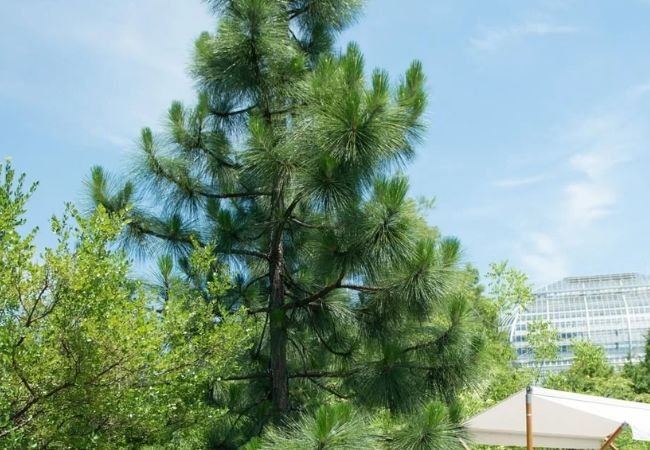
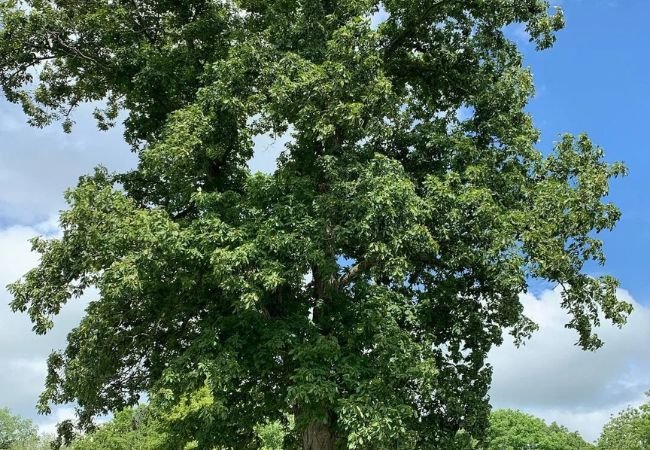
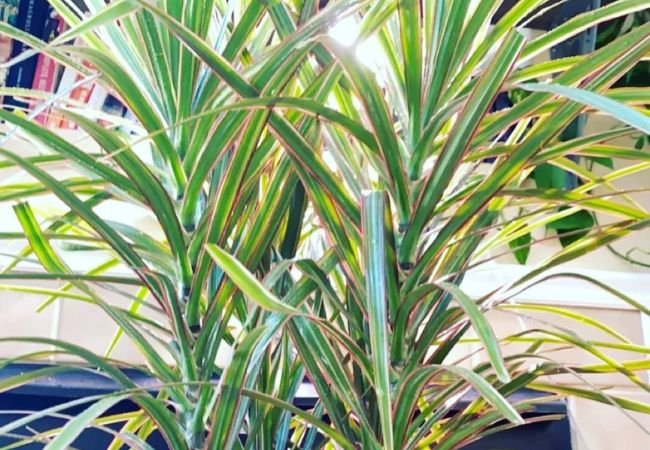
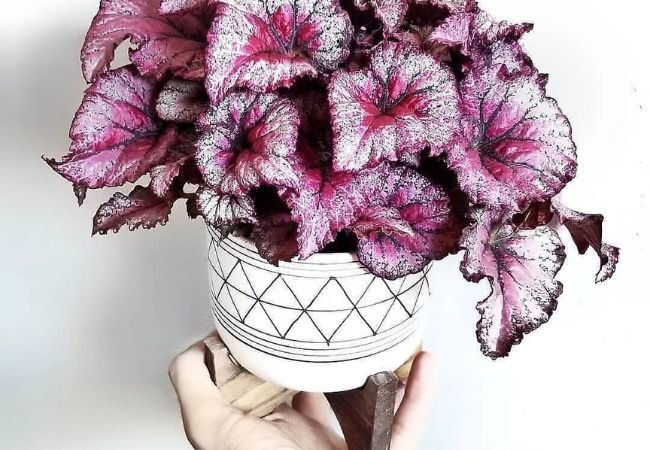
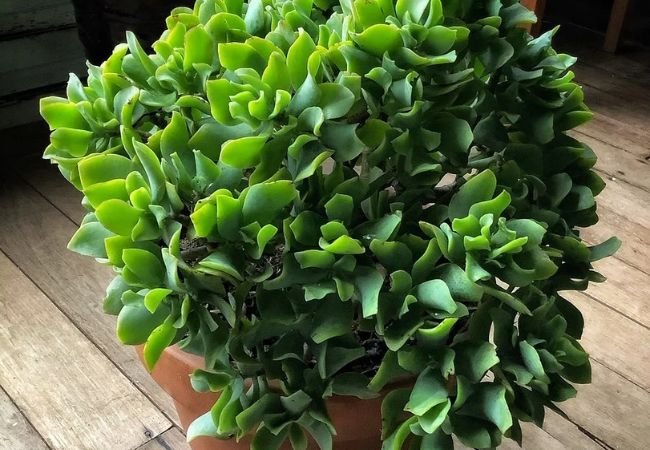
Leave a Reply